
LSE Government graduate Jack Winterton, former LSE UPR Editor, Winner of the 2016 Department of Government Dissertation Prize and LSE LIFE Student Adviser, shares his reflections on writing a third year undergraduate research paper.
The research process is hugely rewarding but writing a dissertation can be a rather daunting prospect as you try and take your first steps at the beginning of your final year. With this in mind, I hope that this advice will help you to make the most of the opportunity. This information is, of course, supplementary to any department specific advice and should be used to broadly frame your approach to getting started with your dissertation in Michaelmas term.
What does a dissertation look like?
 You need to know what you are going to be working towards over the academic year. There are no secrets to writing a competent paper, but it is something you will have to learn. This is an important first step because you can hide a lot of very interesting research behind a poorly written research paper. What’s more, it is a massive confidence boost at the beginning of your project to know what is expected of you. Remember, a good structure is a predictable one. I found one resource in particular useful for honing a good structure. I recommend the LSE Impact Blog as a fantastic starting point for improving your research paper writing. The purpose of this step is to give you a mental picture of what you are working towards.
You need to know what you are going to be working towards over the academic year. There are no secrets to writing a competent paper, but it is something you will have to learn. This is an important first step because you can hide a lot of very interesting research behind a poorly written research paper. What’s more, it is a massive confidence boost at the beginning of your project to know what is expected of you. Remember, a good structure is a predictable one. I found one resource in particular useful for honing a good structure. I recommend the LSE Impact Blog as a fantastic starting point for improving your research paper writing. The purpose of this step is to give you a mental picture of what you are working towards.
What next: check out this article on the LSE Impact Blog for a quick guide to structuring your academic writing. Next, read through your department specific style guidelines and glance over a few papers from previous years. The LSE Undergraduate Political Review will be publishing some of the best LSE undergraduate social science research in the coming months on the UPR Journal.
Formulating your research question
I’ll share a good piece of advice I was given when trying to formulate a research question. This came from one of my supervisor when he mentioned that a gap in the literature is sometimes the hardest thing to locate and is not the best place to start. A lot of reading will be necessary for you to get anywhere close to finding a gap. Instead, I was encouraged to investigate where my interests intersect and pursue synergies and dimensions to my ideas I felt were really cool.
I use an A3 sketchbook to plan my essays – I really didn’t like having to flick through pages of notes, this way I had everything in front of me. I began with a spider diagram of ideas and worked on exploring where my interests connected and mapped out the areas which I thought I could spend a year studying. You will be able to sustain yourself when the fatigue kicks in later (around Christmas) by having a project that you really want to understand more about. It is also easier to get support from others when they can see that you are very personally invested in the project.
What next: find your inspiration for your research question in your own ideas and interests over the last two years at LSE. Try and avoid the temptation to read your way to a research question.
At some point you will have to stop reading!
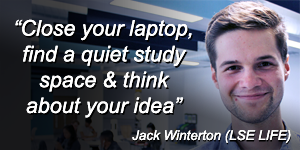 Beware of the trap. I found it very interesting to read widely throughout Michaelmas term. But I pushed this a little too far and read the literature for all of Michaelmas term. Put another way, this is 11/22 weeks of term time that I spent reading the literature. I subsequently struggled to get back on track with the writing of my paper. I eventually began to take notes with a sentence or two that summarised why this article was important (or unimportant) to my research question. Set yourself a reading list and make concise notes about each paper. The most important stage of your research project is not spent in front of a computer or in conversations with your advisor. The hardest part is just sitting, undistracted and thinking through your idea.
Beware of the trap. I found it very interesting to read widely throughout Michaelmas term. But I pushed this a little too far and read the literature for all of Michaelmas term. Put another way, this is 11/22 weeks of term time that I spent reading the literature. I subsequently struggled to get back on track with the writing of my paper. I eventually began to take notes with a sentence or two that summarised why this article was important (or unimportant) to my research question. Set yourself a reading list and make concise notes about each paper. The most important stage of your research project is not spent in front of a computer or in conversations with your advisor. The hardest part is just sitting, undistracted and thinking through your idea.
What next: close your laptop, find a quiet study space and think about your idea. (Possibly the hardest part of the project)
Talking to others
The dissertation is an independent research project. However, it is not a project you should hide away from everyone around you. You need friends who will be sympathetic to the challenges you have taken up with this research paper. Equally important are those friends who will need convincing of the merit of your work. Discussing your dissertation can be an immensely difficult first hurdle especially during the formative stage of your work. I strongly recommend skipping the question “what are you researching?” Begin by asking about the steps that you will both be undertaking such as choosing a methodology, developing a strong relationship with your academic advisor and compiling a bibliography and so on.
What next: Consider going to the LSE Undergraduate Political Review’s Tea, Cake and Dissertation event to discuss your work in a chilled out environment and attend the UPR Colloquium scheduled for later this term.
Use Cloud storage for your work
No excuses. My laptop died in January, just 4 months before I had to submit my completed dissertation. It is just embarrassing to make a rookie mistake in your third year. Use a Cloud service to back up your work. Do this straight away as your reading notes are important and difficult to replicate.
What next: Sign up to a Cloud storage service and sync all of your work so a copy is always saved online. Here are two good options; Google Drive and OneNote.
I hope that these tips help you to make a strong start with your research project. I’m currently working in the LSE’s new academic, personal and professional development centre; LSE LIFE (housed in the LSE Library), if you have questions about student-led research projects, this blog article or would just like to discuss your academic work, please drop in.
 Jack Winterton is a recent BSc Government graduate and winner of the 2016 LSE Department of Government Dissertation Prize. He is the former editor of the LSE UPR and is currently a Student Adviser at LSE LIFE.
Jack Winterton is a recent BSc Government graduate and winner of the 2016 LSE Department of Government Dissertation Prize. He is the former editor of the LSE UPR and is currently a Student Adviser at LSE LIFE.
Follow Jack on Twitter – @Jack_Winterton
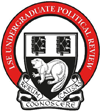 LSE UPR offers undergraduates the opportunity to publish research in a peer reviewed journal, and get involved in contemporary political debates by disseminating their work online.
LSE UPR offers undergraduates the opportunity to publish research in a peer reviewed journal, and get involved in contemporary political debates by disseminating their work online.
Follow the LSE Undergraduate Political Review on Twitter – @lseupr
 LSE LIFE is the LSE’s new centre for academic, personal, and professional development; providing support and guidance for all undergraduate and taught master’s students.
LSE LIFE is the LSE’s new centre for academic, personal, and professional development; providing support and guidance for all undergraduate and taught master’s students.
Visit the LSE LIFE website to find out more
Note: this article gives the views of the authors, and not the position of the LSE Department of Government, nor of the London School of Economics.


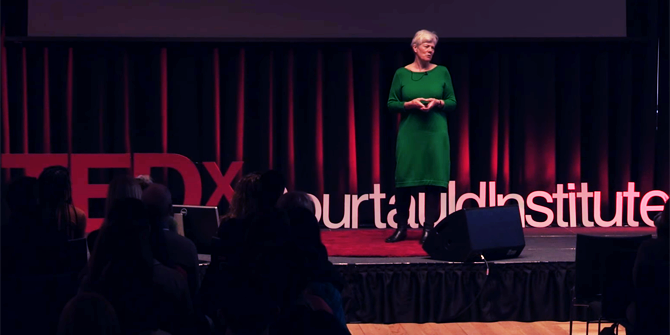
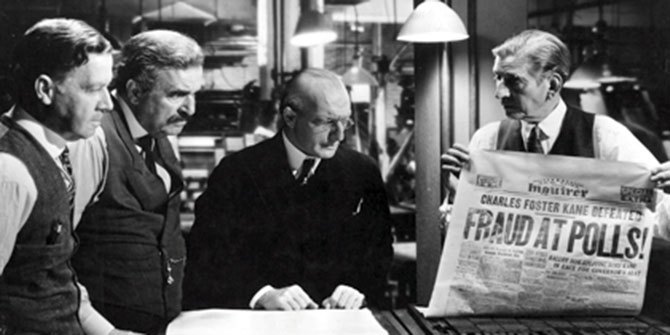

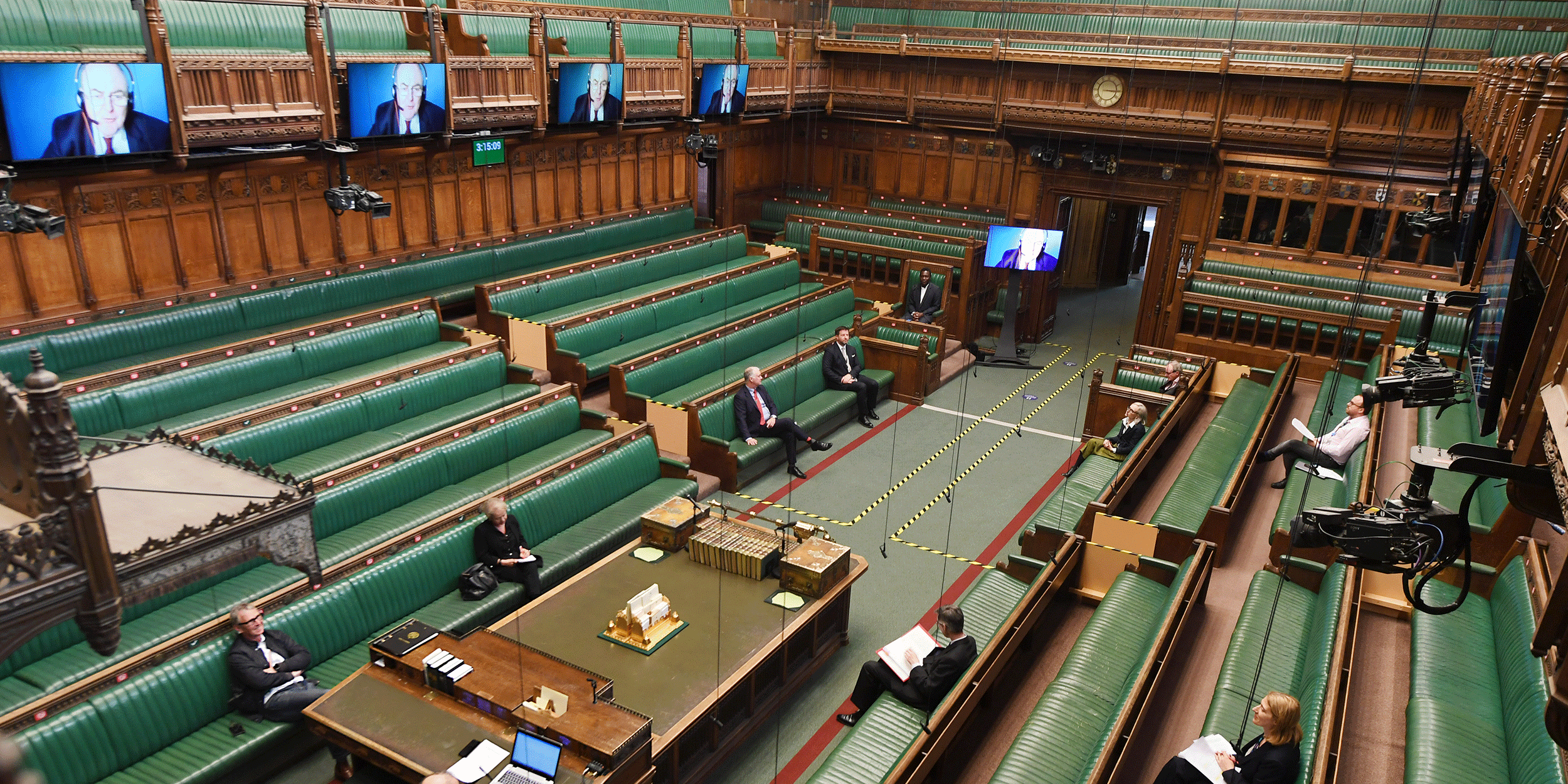
Great article, thanks for the tips! 🙂